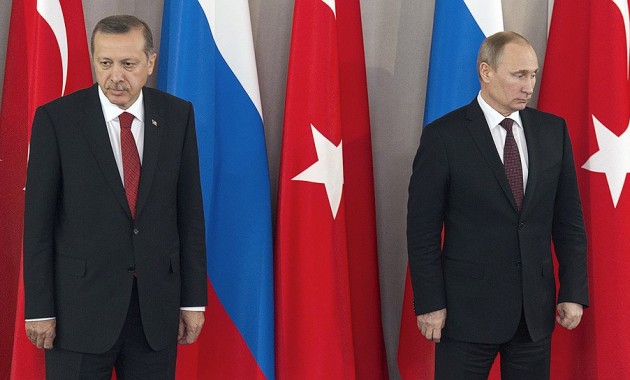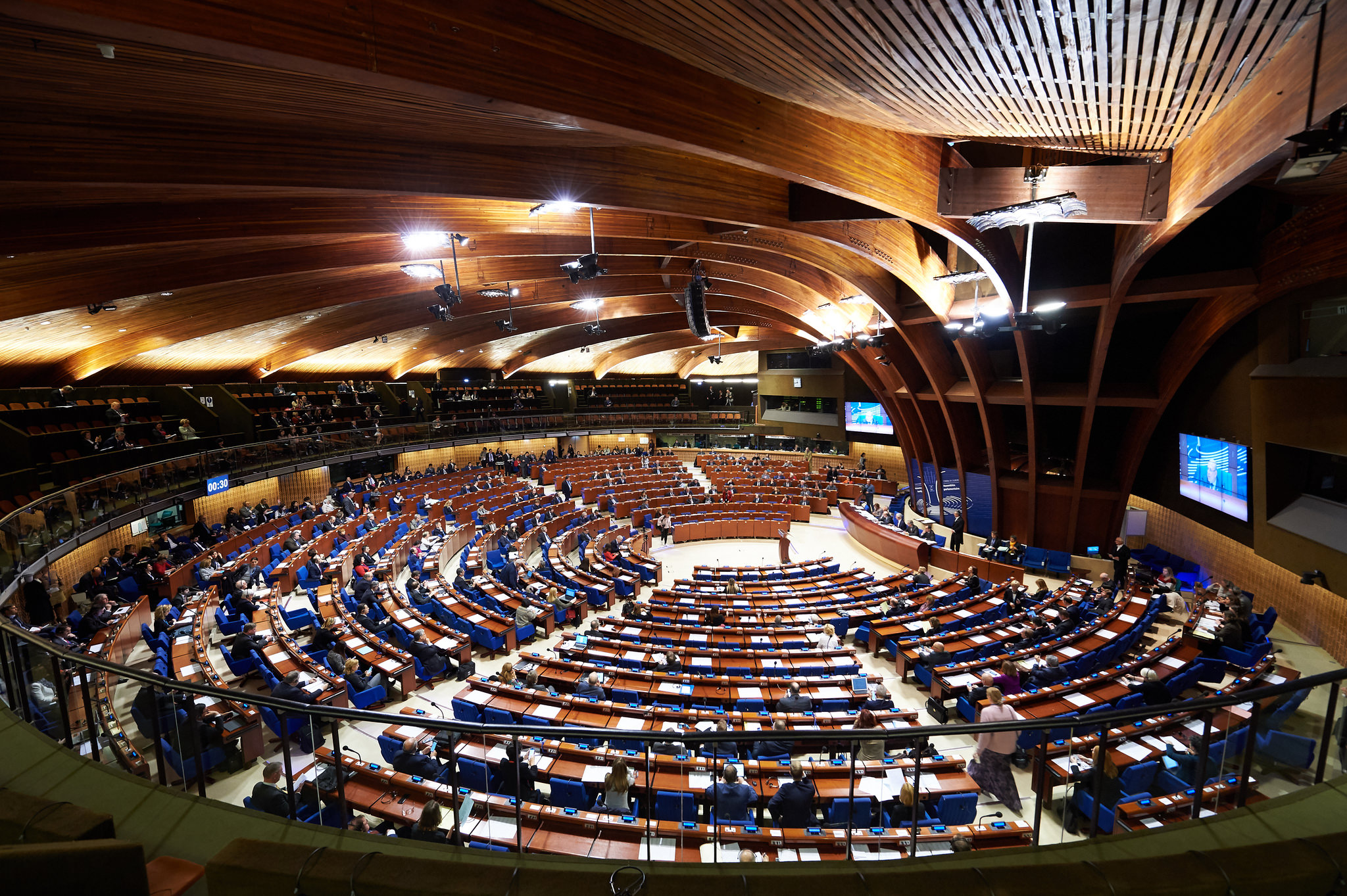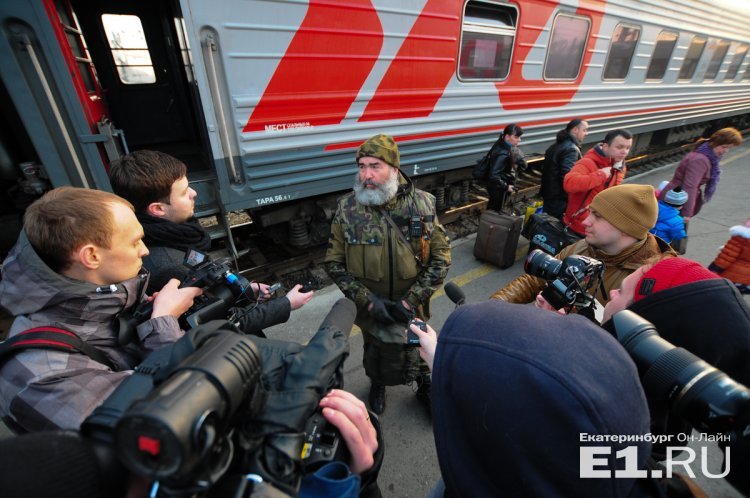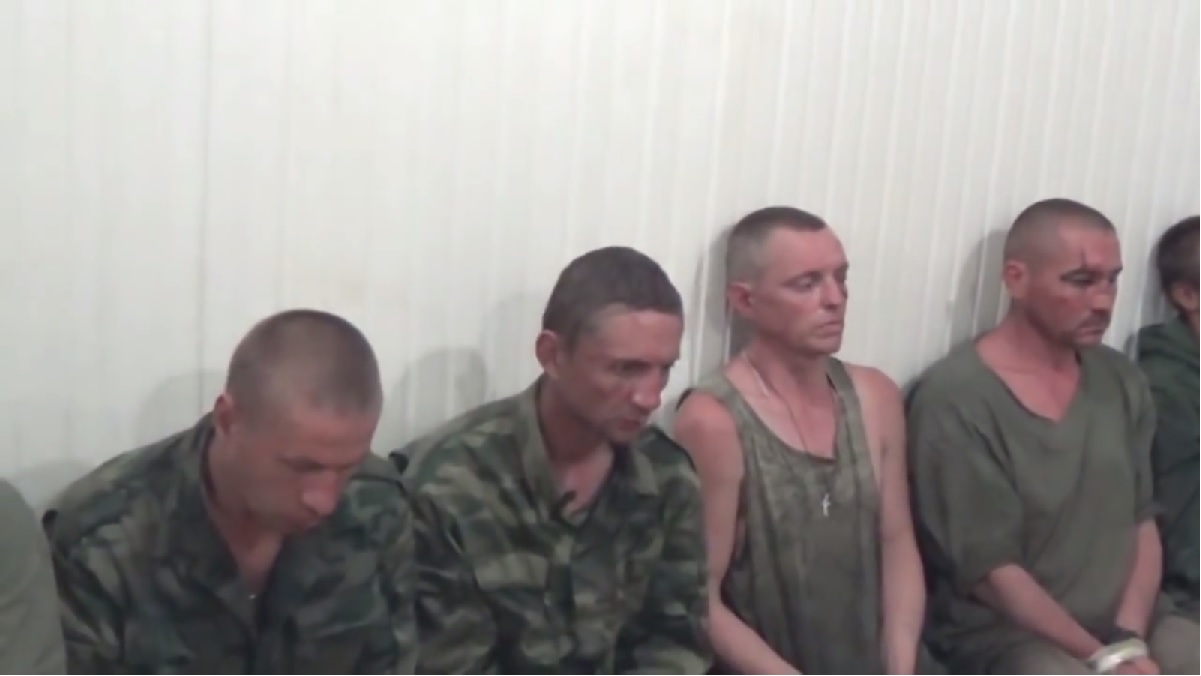The shooting down of a Russian military plane by Turkish forces after Kremlin ignored repeated warnings from Ankara not to violate Türkiye’s airspace not only increases the risks of a clash between Russia and the West but has serious consequences for Putin at home, in Central Asia and the Caucasus, and in Ukraine.
The consequences inside Russia could prove to be the most fateful. While Vladimir Putin has ratcheted up the bellicosity of the government-controlled media in response to what Türkiye has done, the steps he has taken simultaneously annoy Russians – now, they won’t be able to vacation in Türkiye – but highlighted how isolated Russia is and how few levers it possesses.
Any Russian move against Türkiye militarily or via hybrid war involving the Kurds would backfire. On the one hand, Türkiye is a NATO member and can count on Article 5 guarantees. And on the other, Ankara could end Russia’s hopes for a pipeline west and even block the straits to Russian shipping; and any Russian support for the Kurds would undermine Syria’s Assad.
These have all been the subject of intense discussion in the Russian-language Internet media over the last 24 hours.
These discussions suggest that Russians can see an increasing gulf between the bombastic assertions by Putin about Russia’s power in the world and the real limits on the Kremlin leader’s ability to act when the chips are down, a gap some observers say may trigger greater opposition to Putin and his regime.
That the Russian government is worried about at least some of its citizens drawing such conclusions including in the first instance millions of Muslims and Turks inside Russia is suggested by the words today of the Supreme Mufti of Russia, Talgat Tajuddin, who said Türkiye must apologize for what it has done.
That represents a bridge to the second set of consequences of the Kremlin reaction to the shooting down of the Russian plane. Moscow has failed to see that its harsh words against Türkiye have an impact on the much larger Turkic world that includes not only Turks inside Russia but those in Azerbaijan, Kazakhstan, Kyrgyzstan, Turkmenistan and Uzbekistan.
While Kremlin propaganda has sought to portray the downing of the plane as the result of American opposition to Moscow’s line, Russian outlets have focused much of their anger on Türkiye with articles talking about Russian-Turkish wars in the past and Türkiye’s supposed duplicity regarding the Soviets.
That may play well with most Russians, but it is already having a negative impact in the Turkic areas of the Caucasus and Central Asia, something that is likely to become even more important because Ankara has explicitly positioned itself as the defender of the Turkmens of Syria.
At a minimum, that will make the populations of these countries less well-disposed to Russia and likely make their governments more inclined to oppose Moscow and even ally themselves with Western countries, if the latter are clever enough to take advantage of the situation.
And the third set of consequences of the plane shoot down are likely to involve Ukraine. Many analysts have been suggesting that Putin’s involvement in Syria will limit his ability to expand his aggression in Ukraine. But there are at least two reasons to think that such optimism may be misplaced.
On the one hand, the only resources Putin has are those of hard power – that is to say military force. He cannot use that easily against NATO: the risks are too high. But using force against Ukraine could give him a victory, especially if he decides to use Russian forces to obtain a land bridge to Crimea, currently suffering from an energy and products blockade.
If he used land forces to do that, he might be able to once again change the subject and come out looking like a winner, especially as he might even be able to avoid tougher sanctions given that some in the West would accept a Kremlin argument that he had no choice but to engage in such a “humanitarian” operation given Ukrainian policy.
And on the other, Putin may conclude that now that his conflict with the West has escalated because of Russian violations of Turkish and thus NATO airspace has escalated, he has nothing to lose by increasing his aggression in Ukraine and getting the land bridge to Crimea many have said all along he wants.
Consequently, Moscow’s reaction to the shooting down of its airplane is likely to send shock waves far beyond the incident itself and the countries immediately involved. And it may even force Putin to double or quit his aggressive behavior, attacking not those he most opposes but rather those whose defeat he thinks he can achieve and thus do him the most good.








